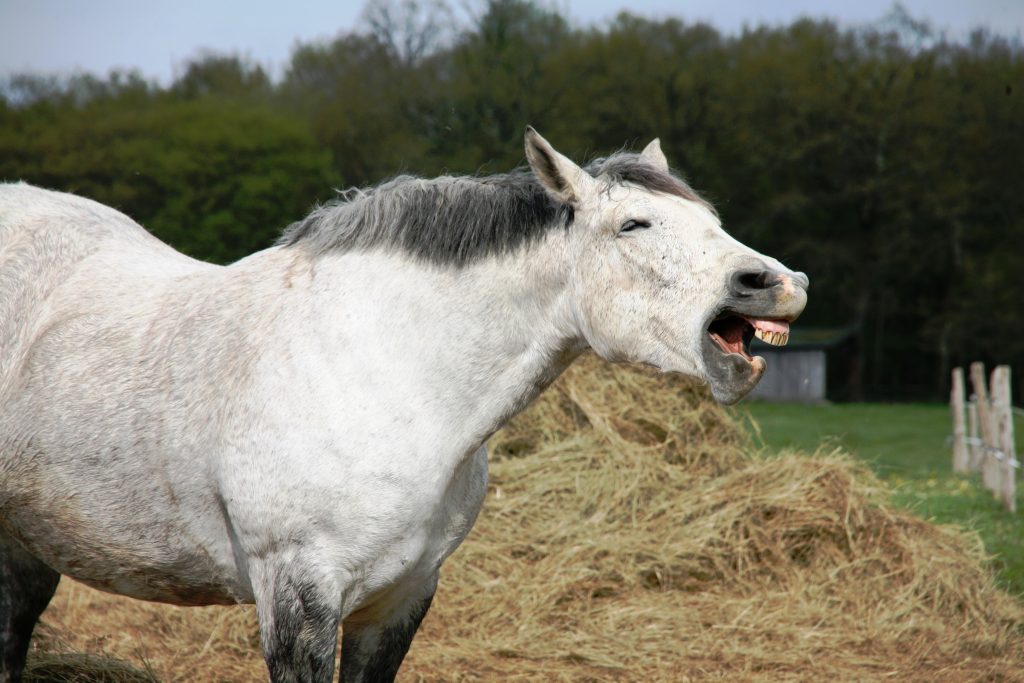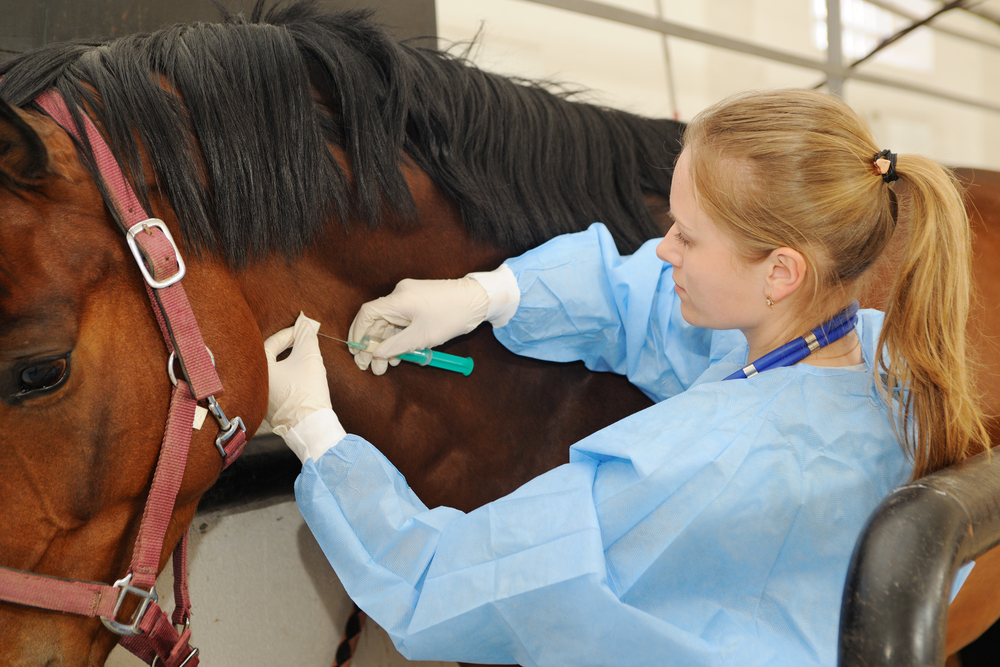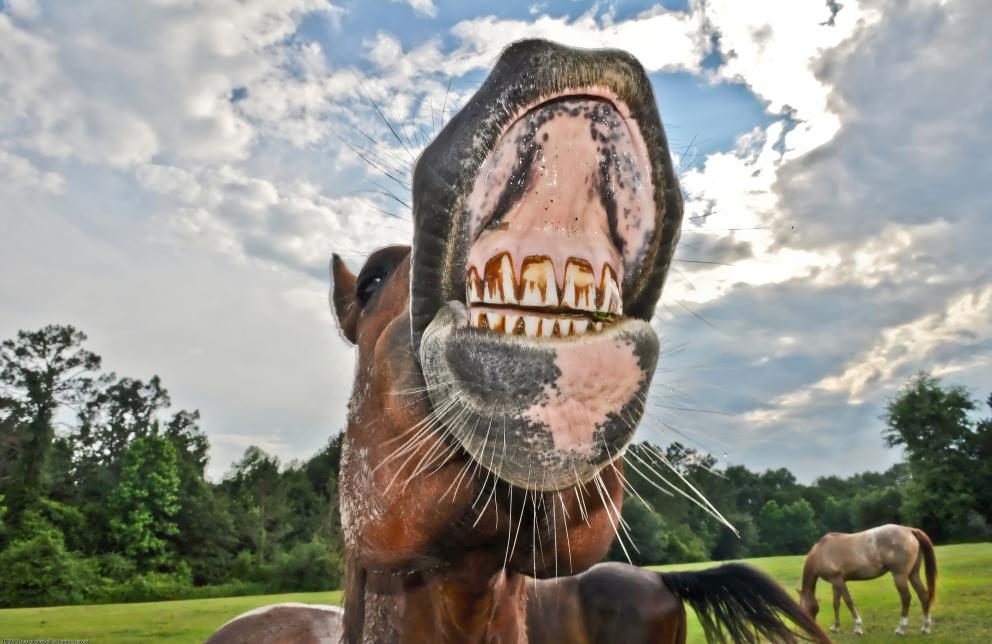For equestrian enthusiasts, understanding the importance of regular floating is paramount. Horses, like humans, require diligent dental care to ensure overall health and performance. The concept of ‘floating’ refers to the process of filing down a horse’s teeth to prevent discomfort and health issues.
Maintaining a horse’s dental health is crucial for several reasons. Firstly, it prevents the formation of sharp points on teeth that can cause pain and injuries inside the mouth. Secondly, it ensures proper chewing and digestion, which is vital for nutrient absorption. The importance of regular floating cannot be overstated, as it directly impacts a horse’s well-being and performance.

What is Floating?
Floating is the process of filing down the sharp edges of a horses teeth. Horses have a unique dental structure; their teeth continuously grow and can develop sharp edges and points. These points can cause discomfort, leading to eating difficulties and behavioral issues. Regular floating helps to smooth these edges, providing relief and comfort for the horse.
Why Do Horses Need Floating?
Horses need floating because their teeth wear unevenly. This uneven wear can create sharp edges that can injure the cheeks and tongue. Floating helps to maintain an even surface, ensuring that the horse can chew comfortably and efficiently. Proper chewing is crucial as it aids in digestion and nutrient absorption, both essential for maintaining a healthy horse.
Signs Your Horse Needs Floating
Recognizing when your horse needs floating is crucial. Common signs include:
- Dropping food while eating
- Bad breath
- Weight loss
- Resistance to the bit or bridle
- Swelling or discomfort in the jaw area
If you notice any of these signs, it may be time to consult a veterinarian for a dental check-up. Regular check-ups can prevent these issues from becoming severe.
How Often Should Floating Be Done?
The frequency of floating depends on the individual horse. Generally, it is recommended to have a horses teeth checked once or twice a year. Younger horses may require more frequent checks, as their teeth are still developing. Older horses, on the other hand, might need more attention due to age-related dental changes.
The Role of a Veterinarian in Floating
A qualified veterinarian plays a crucial role in the floating process. They have the expertise to assess the horse’s dental health accurately. Using specialized tools, they can safely and effectively float the horses teeth, ensuring optimal dental health.
Benefits of Regular Floating
Regular floating offers numerous benefits, including:
- Improved eating and digestion
- Better performance and comfort
- Prevention of oral injuries
- Overall enhancement of the horses health and well-being
Ensuring that these benefits are realized requires consistency and attention to the horses dental needs.
Common Misconceptions About Floating
There are several misconceptions about floating that need clarification. Some believe that floating is only necessary for older horses, but this is not true. Horses of all ages can benefit from regular dental care. Additionally, some think that floating is a one-time procedure; however, it is a continuous process that needs regular attention.
Floating as Part of Routine Care
Incorporating floating into your horses routine care is essential. Alongside regular veterinary check-ups and a balanced diet, floating ensures that your horse remains healthy and comfortable.
Understanding the Cost of Floating
The cost of floating can vary depending on the horses needs and the veterinarians expertise. While some may view it as an expense, it is an investment in your horses health. The long-term benefits far outweigh the initial cost.
Conclusion
Understanding the importance of regular floating is crucial for every horse owner. It is not just about maintaining oral health but ensuring overall well-being. By prioritizing regular dental care, you can enhance your horses quality of life and performance.

FAQ
- What is floating in horse care?
Floating is the process of filing down the sharp points on a horse’s teeth to improve comfort and health. - How often should I float my horses teeth?
It is generally recommended to have a horses teeth checked by a veterinarian once or twice a year. - Can I float my horses teeth myself?
It is not advisable to float your horses teeth yourself. It requires specialized knowledge and tools that only a qualified veterinarian should handle.
For more detailed guidance on equine dental care, you can visit High Country Vet. Additionally, for further reading on horse-related topics, explore oral tumors, dental exams before buying, and the mouth exam checklist.
This article contains affiliate links. We may earn a commission at no extra cost to you.
